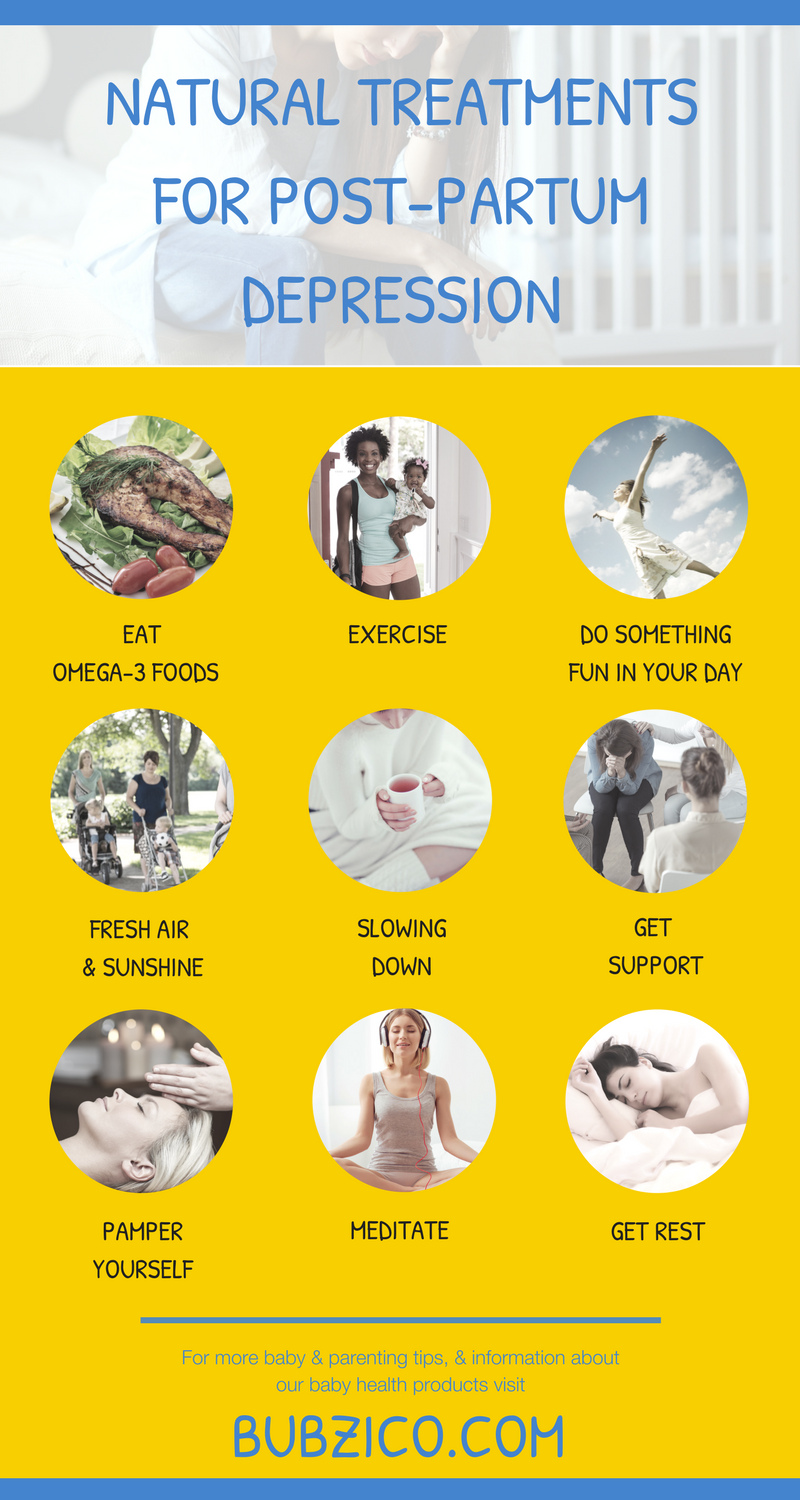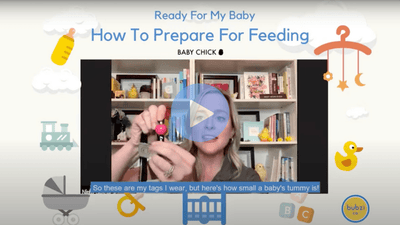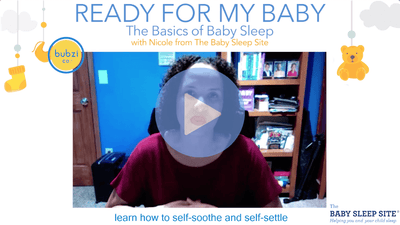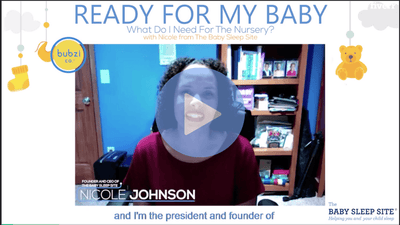Recognizing the Signs of Postpartum Depression and How to Treat It
Becoming a new mom certainly has its challenges – the lack of sleep, caring for a newborn and recovery from giving birth, to name a few. It can be an overwhelming time for anyone and it’s no surprise that many women face anxiety in the weeks after birth. With surging hormones and emotions running high, it’s natural to have some negative feelings after giving birth. Generally these feelings go away within a week or two. Getting as much rest as possible and having a good support system can help ease your symptoms. But it’s when these negative feelings last longer than 2 weeks that it could be a sign of post-partum depression. That’s why it’s important to raise awareness for this disorder so that new moms can understand and recognize their symptoms and seek treatment if needed. Read on to learn more about this often misunderstood disorder.
What Is Postpartum Depression?
Post-partum depression is more than just the baby blues. Approximately 15% of new mothers will experience some degree of post-partum depression. It is diagnosed if a woman experiences symptoms (sad, hopeless, guilt) nearly every day for two weeks or more to the extent that it interferes with her ability to care for her newborn. It doesn’t necessarily start right after giving birth either. It can begin anytime during baby’s first year (although it is more common during the first 3 weeks after birth).

What causes postpartum depression and anxiety?
It’s hard to pinpoint an exact cause for postpartum depression and anxiety. It can occur due to a combination of psychological, social and biological factors. Hormones can also play a role, especially women who are more sensitive to hormonal fluctuations. Risk factors can include a personal or family history of mood or anxiety disorders such as depression, anxiety and bi-polar disorder. Just remember that postpartum depression and anxiety is not your fault and is not caused by something you did wrong.
What are the symptoms of post-partum depression?
Symptoms vary from woman to woman but the most common symptoms of post-partum depression are:
- Crying spells
- Insomnia
- Depressed mood
- Fatigue
- Anxiety
- Poor concentration
- Feelings of worthlessness
- Changes in sleep or appetite
- Withdrawing from family or friends
- Thoughts of harming self or others

How is postpartum depression diagnosed and treated?
The first step in diagnosis is admitting there is a problem. This can be a difficult step for most women as it can be hard to admit there’s something wrong. Many women may feel there’s a stigma attached to post-partum depression and try to deal with it themselves. The important thing to remember is that you are not alone and that there are people who can help and support you. If you feel you have any of the symptoms above, then it’s worth a visit to your doctor’s office. Only a doctor can diagnose post-partum depression. If it is in fact post-partum depression there are treatments available that can help you get back on your feet.
1. Medication
Medication may not be the most popular option but anti-depressants will help. These drugs help balance certain chemicals in your brain linked to depression. If you’re breastfeeding, not to worry – most drugs are safe to take at the same time. Just be sure to let your doctor know you’re nursing before he/she prescribes the medication to you.
2. Counseling
Talking to someone about your emotions, like a psychologist or therapist, can be really helpful. They’ll help you deal with your negative thoughts and even go over past relationships and stresses that may be having an impact on your post-partum depression. 
3. Support Group
Knowing that you’re not alone can make a huge difference in dealing with post-partum depression. Many women feel that they are alone or there is something wrong with them for feeling the way they do. A support group can help as it’s a place to talk with others who are going through the same thing you are. It may also give you an opportunity to talk with people who have recovered and can provide suggestions on how to deal with post-partum depression. Support groups, however, are not a replacement for professional care – always seek advice from a professional if you feel you need to. 
4. Telephone support
Sometimes it can be hard to talk to someone in person. Telephone support can provide you with valuable information and support. It can help you feel listened to, validated and understood, without having to join a group or visit a professional. It’s a good start in dealing with post-partum depression.

Are there natural treatments for Post-partum depression?
There are also natural treatments that you can try to help you deal with your post-partum depression. They include:
1. Eating foods high in Omega-3
2. Exercise
3. Including fun things in your day
4. Getting plenty of fresh air and sunshine
5. Slowing down
6. Surrounding yourself with people who care
7. Pampering yourself
8. Meditating
9. Getting adequate rest
10. Being good to yourself
If you or your partner notice any signs of post-partum depression, it’s important to get help right away – don’t wait for things to get better. Take note of the symptoms of post-partum depression and seek treatment from a professional. Talk about your feelings with your husband, family and friends. It’s better to let someone know how you’re feeling than trying to deal with it yourself. After all, life as a new mom can be an overwhelming time for anyone. And remember, you’re not alone. There’s nothing wrong with you and there’s nothing you’ve done to make you feel this way. Take care of yourself and remember to take it one day at a time.

Photo credit: Bigstock, Pixabay
Source: http://www.postpartum.net/








